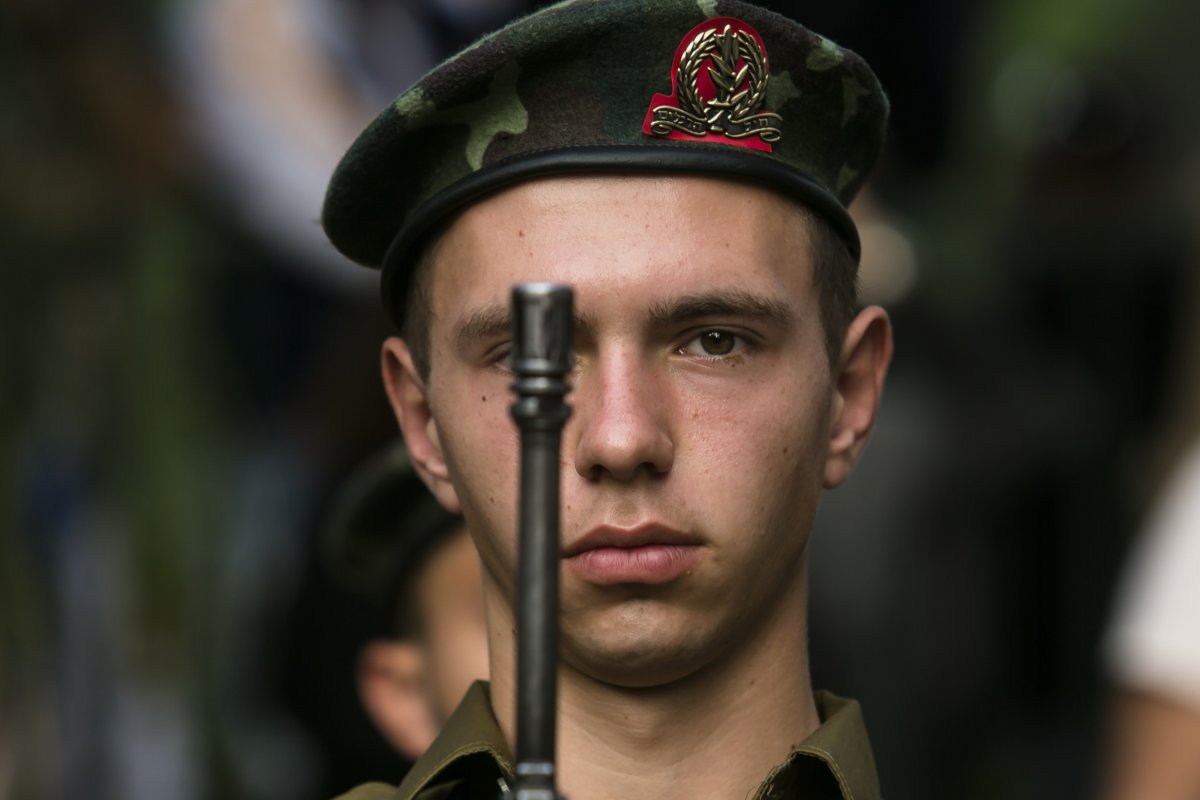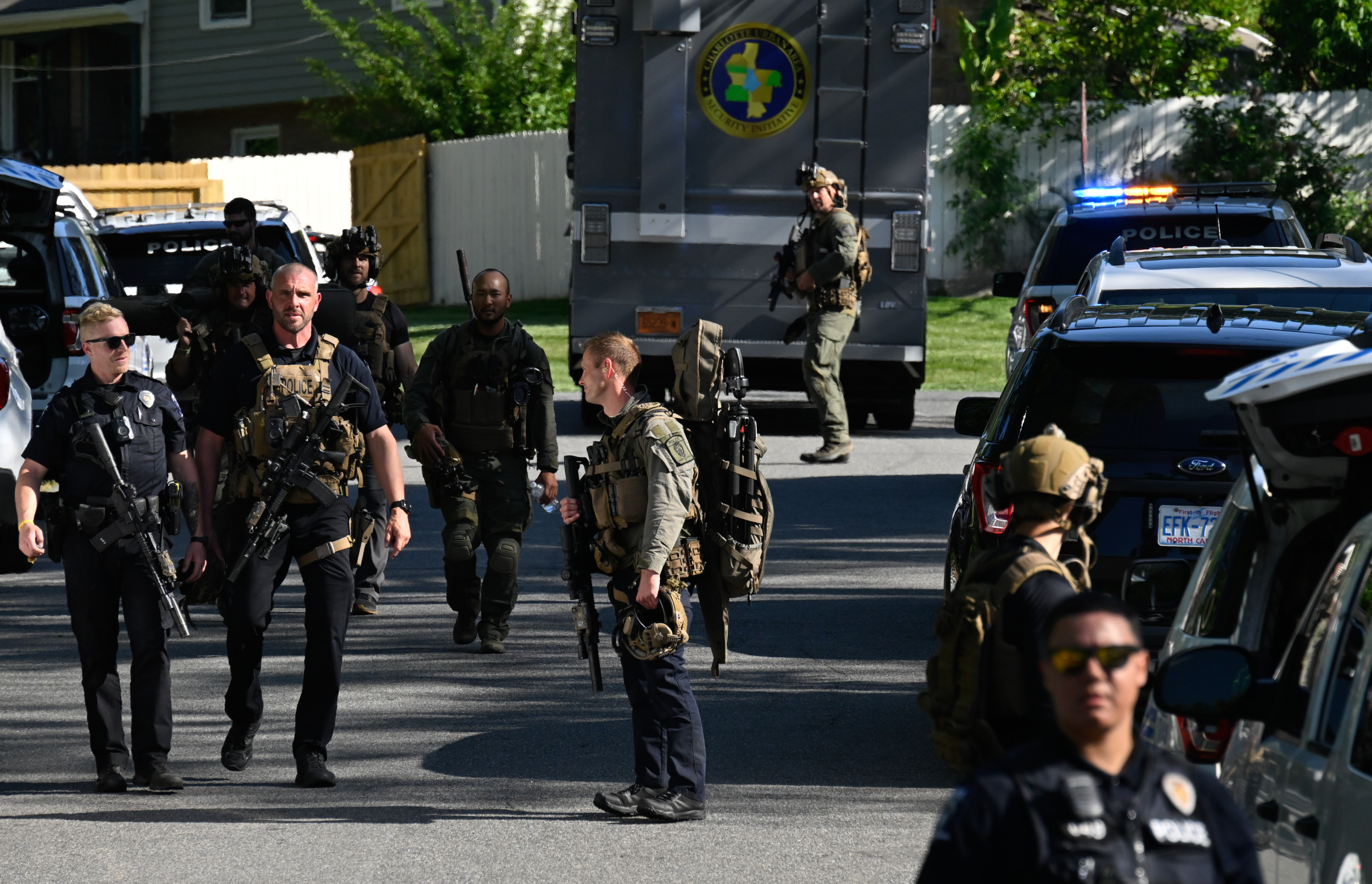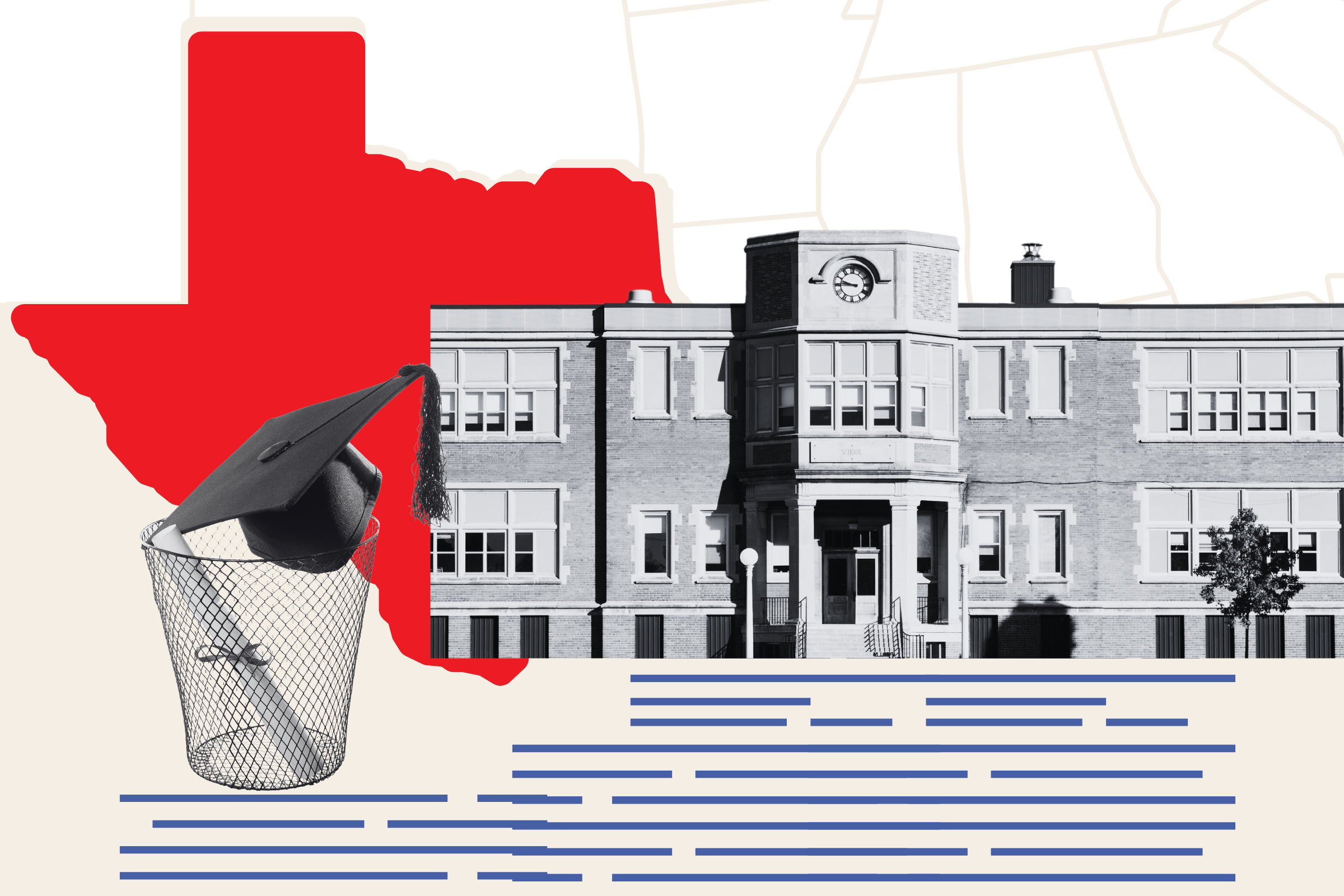Imagine a land that is traversed by a San Andreas-size fault. Its builders, out of necessity, have constructed their buildings across this fault. But rather than laying durable foundations anchored deep into the earth, as is standard practice in earthquake zones, they have chosen to skimp with short wooden posts.
Over time, the fault's tremors have damaged the posts, and many of the buildings are crumbling. The residents complain about the poor foundations, but the builders ignore their pleas, celebrating instead the splendor of their own penthouse views. Residents note with envy that buildings in other lands are in better condition and, with sturdier foundations, reach further to the sky.
In the search for solutions, some of the better educated have proposed the foundations be reworked, others that the builders be replaced, and still others called for a return to prayer. In response, the builders have banned such talk, evicted the most troublesome residents, and prohibited the others from approaching the upper floors.

Some of the more disillusioned and desperate residents have become scavengers, carting off wood posts and selling them for scrap. Now, to get rid of the scavengers, the builders have taken to setting the posts on fire. . .
Welcome to the modern Middle East, a region far more complex than the slogans slung back and forth on social media—as ISIS's recent bomb attack in Iran only underscores. Even before the war in Gaza erupted, the region was headed in a troubling and dangerous direction, and it will require far more than a resolution to the Palestinian-Israeli conflict—as desirable as that may be—to put it finally on stable and secure footing.
In our story, the geological fault line is the significant ethnic and religious diversity throughout the Middle East. Muslims, Christians, Jews, Arabs, Turks, Persians, Kurds, and countless other groups have coexisted for centuries, often at peace but sometimes in conflict. In the period between world wars one and two, British and French officials carved up the region into states without regard for these differences, such that the borders and peoples do not coincide (though they rarely do perfectly). These decisions immeasurably complicated the task of state building. The Jewish resettlement of historic Palestine only added another complex—and highly emotional—layer to the existing fault lines.
The "builders" are the rulers of the newly independent states that emerged atop these ethnic and religious fault lines following the two world wars, and the creaking foundations represent the poor quality of governance that they have established. They have rarely managed these differences, or used the power accorded them, wisely—often pursuing their own interests, or that of a particular tribe or sect, to the detriment of their citizens. In terms of structure, the region's ruling monarchies are relics of a bygone era, while many of its military republics collapsed amidst the upheavals of the Arab Spring.
The proposals of the better educated residents are the ideologies that have emerged in the region as a result. Political Islam, pan-Arab nationalism, Al Qaeda and ISIS, and the democratic movements of the Arab Spring all sprung from frustration with the poor quality of governance. Each claimed to have a solution, a way that the Middle East could catch up economically and technologically with the West.
The scavengers are the militant groups spawned by some of these ideologies that are now eating away at the edifice of the state. With changes in technology, states' monopoly on the use of force has eroded such that any disaffected group, no matter the size, can acquire the weaponry to challenge their hold over territory. Like the Wagner Group's march toward Moscow, Hamas's recent incursion into Israel is not an anomaly, but a harbinger of a more challenging future. Understanding this changed dynamic, Iran has supported financially some of these militant groups (while the Gulf states have at times funded others), capitalizing on the region's problems for its own geopolitical benefit.
The fires are the cycle of violence now engulfing the region, within states and between them. Rulers responded to these ideological challenges by cracking down: outlawing these movements, jailing their leaders, and further curtailing the rights and freedoms of ordinary citizens. Rather than addressing the problem of governance, they often pitted different ethnic and sectarian groups against one other. They also used the threat of militant groups at home and foreign adversaries abroad—including Iran and Israel—to divert attention from their own failures. And if nothing else worked, they turned the full force of the state against their own citizens. Thus, at various points over the last decade, civil wars have raged in Syria, Yemen, Libya, Iraq, and Sudan.
The violence has undermined efforts at reform. The victims include Egypt and Tunisia's brief experiments with democracy, as well as potentially Lebanon's longstanding attempt at power sharing between Muslims and Christians. Israel has not been immune from these trends: political populism fueled by messianic visions of a Greater Israel has eroded the liberal democratic foundations that once distinguished it. Yemen, Sudan, and Syria are arguably failed states, while Libya, Iraq, Lebanon, and Egypt teeter on the brink.
Now, Gaza is on fire, and it is still not clear how far the flames will spread or what will be left standing afterward. What is clear is that leadership is desperately needed on all sides, to extract from the ashes of this horrific conflagration a better future for the Middle East as a whole.
In different forms, the challenge facing the region's leaders is the same: to look beyond the scavengers and put out the fires that are emboldening them (to wind down the region's many military conflicts) before these leaders themselves are engulfed by the flames, then to shore up the very foundations of the state (to improve governance for their citizens).
Israeli leaders must understand that they will not eliminate the scavengers (Hamas) until they resolve the underlying question of Palestinian statehood. Moreover, an unending cycle of violence plays to the advantage of the extremists; burning down Gaza will only add to the resentment of another generation of residents. Palestinians need a home of their own—and Israel needs Palestinians to have such a home if it is to remain a democracy (and retain international support). Israel needs to conclude rapidly its military campaign, with minimal additional civilian casualties, while coupling it with a political process that leads to a Palestinian state. And the Israeli public must decide who will lead them into the future.
Amidst this unspeakable tragedy, Palestinians must understand the opportunity at hand. Although it may not be apparent now, this conflict will ultimately disabuse Israelis of the illusion that they can have security without territorial compromise. Palestinians should seize the moment to set their own house in order and reimagine a governing authority that will be more effective and representative—and viewed by Israel and the world as a credible partner for peace. With both the Palestinian Authority and Hamas weakened, ordinary Palestinians should have more latitude for their voices to be heard, including the West Bank's impressive civic and business communities. There has been an understandable reluctance to countenance elections, as Hamas unexpectedly won a majority of seats in the 2006 parliamentary elections and used it to consolidate its control of Gaza, but they may prove to be the most effective mechanism for Palestinians to decide whether they want a future of confrontation or compromise. Their prospect might induce Israel, the other Arab states, and the international community to make commitments to Palestinians that make the latter path more appealing to them.
Meanwhile, regional leaders must understand that while having the Palestinian issue back at the center of focus is critical—as this most emotional of divides must be bridged for there to be progress in the region—its resolution alone will not be sufficient. Only when all the fires burning in the region are extinguished, the foundations improved, and the scavengers have therefore dispersed will it finally know peace and stability.
Regional leaders should support the resumption of a Palestinian-Israeli peace process, including by contributing if needed to a transitional multinational force in, and to the economic reconstruction of, Gaza. They will also need to do their part to end the other conflicts—Syria, Yemen, Libya, Sudan—convulsing the region. Then, they need the courage to enact political reforms that will address the region's most foundational challenge: creating transparent and accountable governments that effectively represent and address the needs of all citizens.
A re-worked Abraham Accords could in fact provide a framework for advancing these objectives, while providing Israel as incentive the diplomatic recognition it seeks. Signatories, as a condition for participation, would commit to ending the conflicts in which they are militarily and/or financially involved and to specific "good governance" targets (many of the Gulf states already set such targets in their national strategic plans). As with the Arab Human Development Report, top regional scholars could independently assess progress annually. The United States and Europe—who have been the real estate investors in our story, often willfully ignoring the builders' transgressions—could play a positive role by offering privileged market access, investment, technology transfers, and security guarantees to countries fulfilling their commitments.
None of this will be easy or swift. But it's the only sure path toward regional peace and stability.
Stephen R. Grand is a nonresident senior fellow at The Atlantic Council. Together with the late Secretary of State Madeleine Albright, former National Security Advisor Stephen Hadley, and Dr. Jessica Ashooh, he authored its Middle East Strategy Task Force Report in 2016.
The views expressed in this article are the writer's own.
Uncommon Knowledge
Newsweek is committed to challenging conventional wisdom and finding connections in the search for common ground.
Newsweek is committed to challenging conventional wisdom and finding connections in the search for common ground.
About the writer
To read how Newsweek uses AI as a newsroom tool, Click here.








